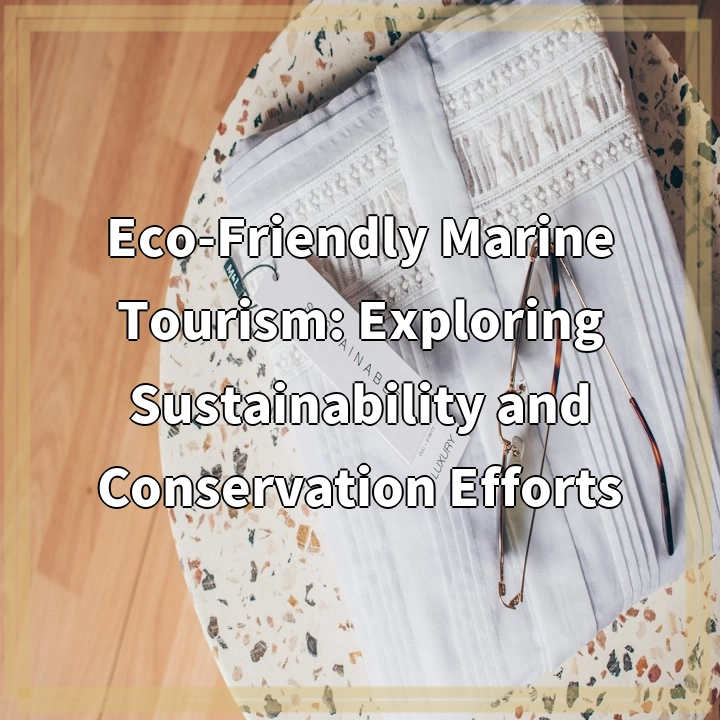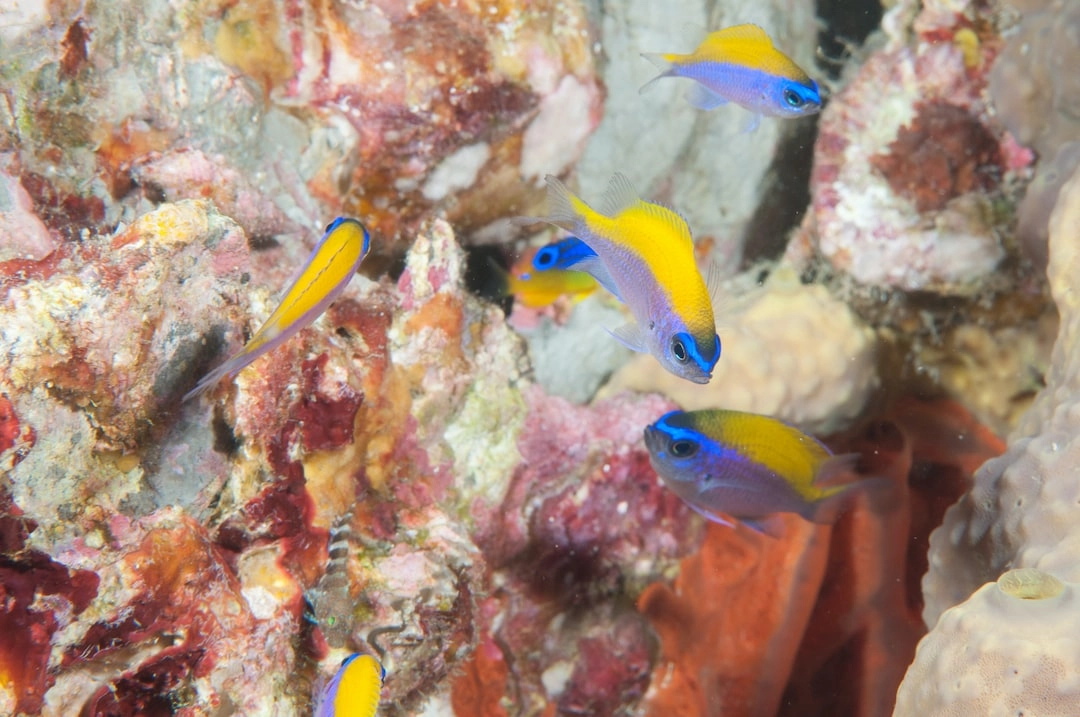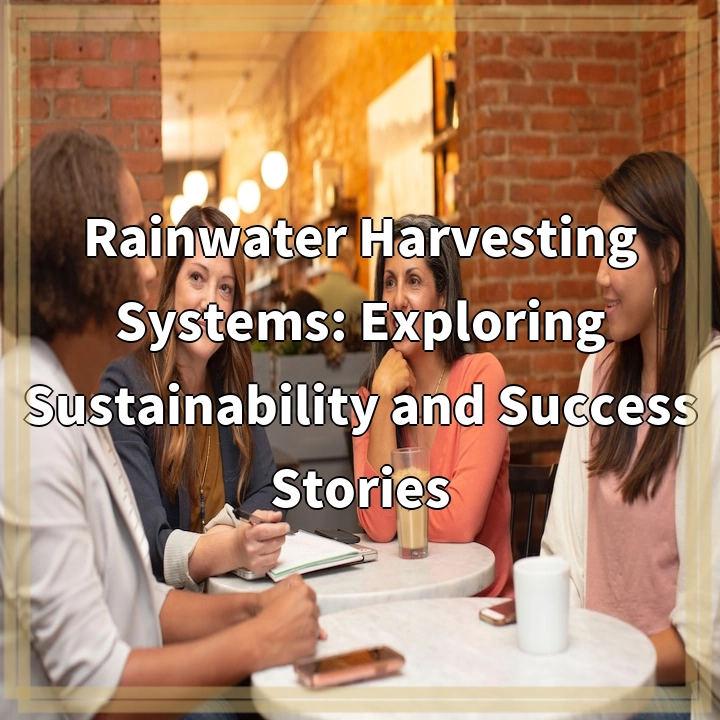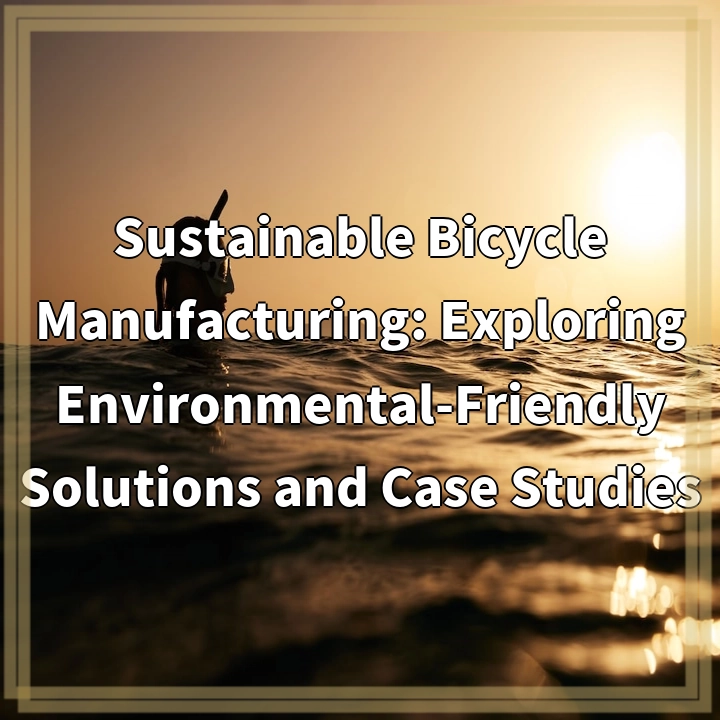
What is Eco-Friendly Marine Tourism?
Eco-Friendly Marine Tourism refers to a sustainable approach to recreational activities in marine environments, focusing on minimizing negative impacts while maximizing positive contributions to the surrounding ecosystems. It involves responsible tourism practices that aim to preserve the natural beauty and biodiversity of marine habitats, while providing educational and enjoyable experiences for visitors.
Real-World Problems Associated with Eco-Friendly Marine Tourism
1. Overfishing and Depletion of Marine Resources
One of the key challenges in eco-friendly marine tourism is addressing the detrimental effects of overfishing. Many popular tourist destinations rely heavily on fishing as a source of income. However, uncontrolled fishing practices can deplete fish stocks and disrupt the balance of ecosystems, threatening the long-term sustainability of both the tourism industry and marine life.
2. Habitat Destruction and Coastal Development
Coastal development and infrastructure projects often accompany the growth of marine tourism. While these developments can boost local economies, they can also lead to habitat destruction, increased pollution, and loss of biodiversity. Careful planning and sustainable coastal management practices are necessary to mitigate the negative impacts of such developments.
3. Pollution and Marine Debris
Tourism activities, such as boating, diving, and snorkeling, can contribute to pollution and the accumulation of marine debris. Improper waste disposal, sewage runoff, and oil spills can harm marine life and degrade the overall health of ecosystems. Implementing proper waste management strategies and educating tourists about responsible behavior are essential to tackle these issues.
4. Climate Change and Coral Bleaching
Rising sea temperatures and ocean acidification due to climate change pose a significant threat to coral reef ecosystems. Coral bleaching events, which result in the loss of vibrant colors and crucial microorganisms, have become more frequent and severe. Eco-friendly marine tourism initiatives need to focus on raising awareness about climate change and supporting conservation efforts to protect these fragile ecosystems.
5. Invasive Species and Biodiversity Loss
Eco-friendly marine tourism also faces the challenge of invasive species introduction. Non-native species can hitchhike on boats or be introduced through tourism activities, disrupting native ecosystems and outcompeting indigenous species. Strict biosecurity measures and monitoring programs are necessary to prevent the spread of invasive species and safeguard biodiversity.
Conclusion
Eco-friendly marine tourism offers an opportunity to enjoy the beauty of marine environments while promoting sustainable practices and conservation efforts. However, it is crucial to address the real-world problems associated with this form of tourism to ensure the long-term health and resilience of marine ecosystems. By taking proactive measures and implementing responsible practices, we can strive for a harmonious coexistence between tourism and the marine environment.

Solutions for Eco-Friendly Marine Tourism
1. Sustainable Fishing Practices and Marine Protected Areas
Implementing sustainable fishing practices, such as limiting catch quotas and protecting critical breeding grounds, can help prevent overfishing and ensure the long-term viability of marine resources. Establishing marine protected areas (MPAs) can also serve as sanctuaries for marine species, allowing them to thrive and replenish their populations
2. Responsible Coastal Development and Planning
Integrating sustainable practices and environmental impact assessments into coastal development initiatives can minimize habitat destruction and reduce negative impacts on marine ecosystems. Planning should prioritize the preservation of important marine habitats and implement measures to prevent pollution and coastal erosion.
3. Waste Management and Plastic Reduction
Proper waste management systems should be implemented in coastal tourist areas, including waste sorting, recycling programs, and the installation of trash bins and recycling facilities. Moreover, raising awareness about plastic pollution among tourists and encouraging the use of reusable products can significantly reduce the amount of marine debris entering the oceans.
4. Climate Change Mitigation and Adaptation
Efforts to reduce greenhouse gas emissions and combat climate change are essential to protect marine ecosystems from the impacts of rising temperatures and acidification. Supporting renewable energy sources, promoting sustainable transportation options, and participating in carbon offset programs can contribute to mitigating climate change. Additionally, investing in coral reef restoration projects and monitoring systems can help conserve and protect these vulnerable ecosystems.
5. Biosecurity Measures and Education
Implementing strict biosecurity measures, such as vessel inspections and cleaning protocols, can help prevent the introduction and spread of invasive species through tourism activities. Educating tourists about the importance of respecting and protecting marine environments, including guidelines for responsible behavior, can foster a sense of stewardship and minimize negative impacts.
Conclusion
Addressing the challenges associated with eco-friendly marine tourism requires a collaborative effort involving government bodies, local communities, businesses, and tourists themselves. By implementing these solutions and engaging in sustainable practices, we can ensure the long-term viability and conservation of marine ecosystems, providing a positive and responsible experience for both visitors and the environment.















